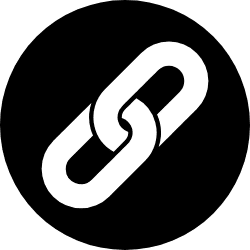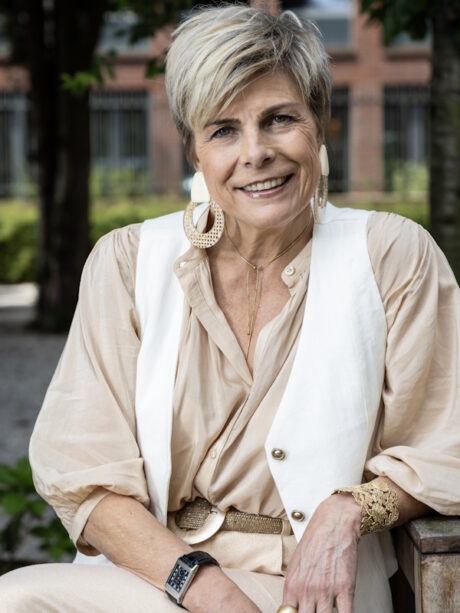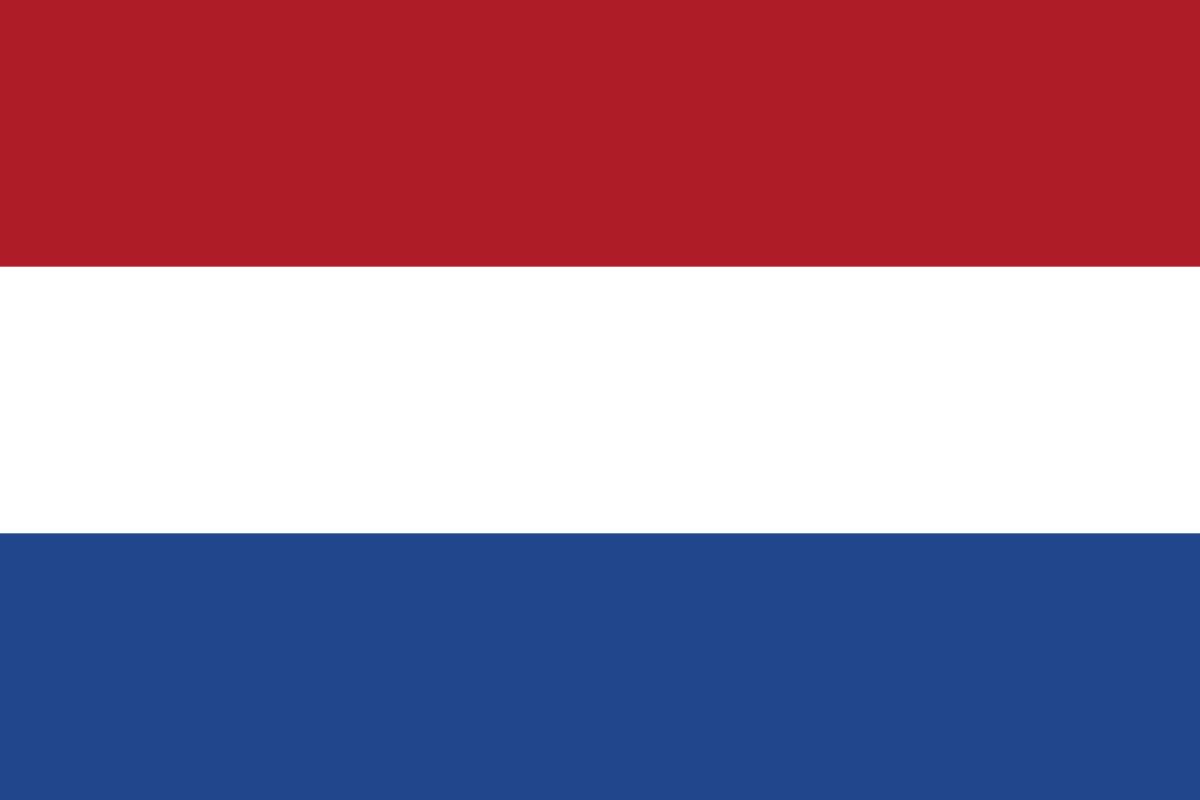About
Laurentien van Oranje
Laurentien of Orange is a social entrepreneur, author, strategist, and dialogue facilitator. In 2017, De Dikke Blauwe named her the “most influential player in Dutch philanthropy,” and she has received multiple recognitions for her societal commitment and the impact she has made. The recurring themes in her work include social innovation through deep listening and collaboration with those directly affected, public-private coalition building, human-centered services, dialogue, and systemic leadership.
She is known for her pioneering solutions to societal challenges:
- Founder of the Reading & Writing Foundation (2004), with the mission to prevent and reduce illiteracy. It has since grown into the leading organization in the Netherlands in this field.
- Founder of the Missing Chapter Foundation (2009), whose flagship project is the Children’s Council. Its aim is to make decision-making more future-oriented by integrating children’s thinking power and children’s rights.
- Co-founder of the number 5 foundation with her husband (2017), with the mission “connecting for impact.” It serves as a neutral space for dialogue and an incubator for social innovation, addressing a broad range of societal challenges that contribute to a more inclusive, just, and sustainable society. She also launched the strategic and creative advisory firm House of Hi, which supports companies in developing and implementing human-centered solutions.
- Co-founder of the Foundation for Equitable Recovery (Stichting (Gelijk)waardig Herstel) together with lawyer Gerd van Atten (2023). Together with affected parents, children, youth, and experts, they developed a scalable civil recovery approach and implementation organization in response to the childcare benefits scandal.
- Concept creator of My Lima Lima, a social enterprise now led by her daughter Eloise and Thomas Latcham. Its goal is to generate as much profit as possible—100% of which is donated to various charitable causes—through the sale of high-quality donated clothing (new or barely worn) from individuals and brands. It has grown into a network of 25 “hubs”: stylish clothing stores across the Netherlands that encourage and activate their customers to donate beautiful garments they no longer wear.
Laurentien has lived in multiple countries and holds international degrees in political science and journalism (University of Groningen, London University, and the University of California, Berkeley). She has written several successful (children’s) books. In 2009, the first book in her now three-part Mr Finney series was published, encouraging children and adults to have conversations—as equals—about nature and how we treat one another. Together with Jeroen Smit, she wrote Nog Lang en Gelukkig (2016), a bedtime book for adults who have lost their way. In addition, she wrote several books on sustainability, including Kapsones, together with Jan Terlouw, which was published on the Day of Sustainability in 2015.
Laurentien combines vision, leadership, and execution, and is known for her steady, mission-driven collaborations. Her deep personal reflections, courage, organizational skills, and hands-on experience make her a highly respected and sought-after speaker. She inspires people to adopt new perspectives in both their work and personal lives.
Her engaging talks are always tailored to the audience and context. With her positive energy, she makes complex issues feel personal, accessible, and actionable, mobilizing people to work toward a sustainable and inclusive society.
Laurentien speaks with power, authenticity, and interaction about humanity as a core attitude—especially within systems and digital contexts. Her talks resonate, challenge, and inspire listeners to look beyond procedures and truly listen to those affected. What does it mean to center human needs again in policy, technology, and public services?
1. (Equitable) Recovery as a Symbol of Restoration and Human-Centered Services
Her vision for and experience in the large-scale implementation behind (Equitable) Recovery as a symbol of restoration and human-centered services calls for fundamentally rethinking and reorganizing: from control to trust, from systems to people. She demonstrates that recovery is not just an act of compensation; it requires a compass of values-driven collaboration, where self-direction, trust, imagination, and equality form the foundation for real change.
“(Equitable) Recovery is not an endpoint, but a beginning: of new identities, relationships between government and citizens, based on trust, self-direction, and humanity. A values-driven implementation requires staying true and continually adjusting, to prevent the execution from drifting away from its origins, vision, and ultimate larger goal.”
— Laurentien of Orange
2. Transition Challenges for an Inclusive Society
Her years of experience in transition thinking reveal the power of values as the driving force behind systemic change. Laurentien inspires the audience to see systems as a collaboration between people, all of whom have the courage to renew what has been broken. For Laurentien, transition thinking is not just a buzzword but an urgent compass for a society that wants to become more human, resilient, and just—from within.
In a context of new opportunities, particularly in technology, various transitions are taking place in society. This calls for adjustments at the individual, organizational, and societal levels, raising various (ethical and fundamental) questions and the need for new leadership. Questions such as: What is our moral compass when technology changes faster than the rules? What can I contribute, and do I dare to lead, even without certainty? How can I make choices based on collective values rather than individual interests?
“Together, we create society. That requires something from each of us, especially as societal challenges also evolve. All relationships are shifting, partly due to technology. How do we find balance between the individual and the collective? Do we dare to let go of old assumptions and ways of thinking to make space for the new? Whom do we listen to in order to find new insights and solutions? Curiosity, equality, and transparency form the foundation for an empathetic attitude towards ourselves and others. Isn’t that the foundation of an inclusive and just society?”
— Laurentien of Orange
3. Illiteracy
Laurentien speaks with vision and expertise about the importance of a structured national and local approach to combating illiteracy, a persistent and often underestimated problem in the Netherlands. Approximately 2.5 million people struggle with reading, writing, arithmetic, and/or digital skills. This hinders their participation in society and increases the risk of social exclusion. Laurentien has been intensively raising awareness of this issue since 2001. In 2004, she founded the Reading & Writing Foundation with the goal of preventing and reducing illiteracy. Her approach focuses not only on improving language skills but also on breaking the taboo and raising awareness throughout society.
In today’s world, this commitment is more relevant than ever. Society is rapidly digitalizing, and basic skills such as reading and writing are essential for participation. Illiteracy leads to unequal opportunities and exclusion. That is why Laurentien continues to advocate for a literate society, including through initiatives such as the TaalHelden (Language Heroes) awards and promoting language development from a young age (Taalschatten). Language is the key to personal development, societal participation, and economic independence, and therefore remains crucial for an inclusive and resilient society.
“By listening to the people directly affected, you learn that their problem is not just about language; it’s much more about feeling unheard, lacking self-confidence, being afraid to ask for help, fear of institutions, and shame. From this human-centered problem analysis, initiatives can be developed that address these underlying issues, rather than simply offering a language course. Here, too, the people who have struggled (or are still struggling) with reading and writing and have dared to take the step to learn later in life are the true experts in this area.”
4. Female Leadership: How to Make a Meaningful Impact?
Lectures on female leadership highlight how values such as empathy, courage, and connection guide meaningful change. Laurentien speaks from experience—as a woman who understands what it means to face challenges head-on. That’s why she inspires leadership beyond ego—driven by mission, equality, and imagination.
“The hallmark of a good dialogue is taking the time to unravel and explore the perspectives of others, allowing yourself to be surprised, and perhaps even confused, by the new insights you hear. By genuinely being open to the perspectives and experiences of others, a new shared view of reality emerges, almost like magic. It requires principled humility to admit that you don’t have the full picture of reality.
This ‘slowing down to speed up’ often feels paradoxical: many issues are urgent and need to be solved, but they also require a systemic approach. Our willingness to act is a strength in the Netherlands: we roll up our sleeves and get to work. But there’s a downside to this: the danger of rushing into truly complex issues with the wrong solutions. Recently, I’ve been thinking more often about the well-known saying by Johan Cruijff: ‘You only see it when you understand it.’ That’s really true. Only when you truly see what the problem is and what it’s about, is it time to take action.”
— Laurentien of Orange


 © Walter Kallenbach
© Walter Kallenbach




